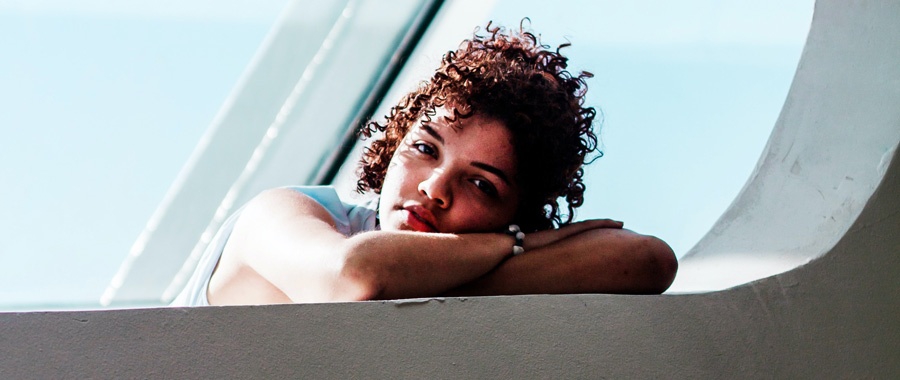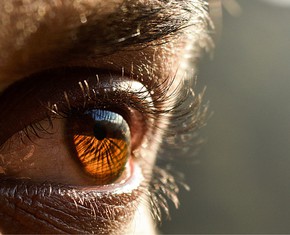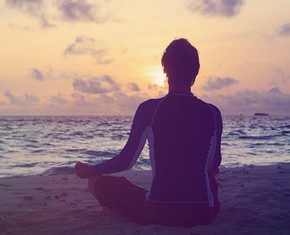The views expressed in our content reflect individual perspectives and do not represent the authoritative views of the Baha'i Faith.
Why is it so important to forgive yourself for the mistakes you’ve made or the shortcomings you have?
When we forgive ourselves, we create an internal sense of calm, but that self-forgiveness also an impact on the world around us. The Baha’i teachings explain that “…it sometimes happens that negative feelings about oneself become an obstacle to successfully passing one’s spiritual tests by making it difficult to believe in one’s own nobility.” (The Universal House of Justice, in a letter dated 02 December 1985)
When we don’t recognize our own nobility, we risk allowing ourselves and the people around us to run wild. Our standards and expectations become very low when we don’t believe that human beings have the potential for good — or that we deserve good things. We don’t typically expect a wild animal to demonstrate generosity or kindness; we see it as solely focused on survival. When we also set this low standard for ourselves, we lose hope in self-improvement and, sometimes, the improvement of the world around us.
“When we haven’t forgiven ourselves, we subconsciously project our hurt onto others”
The Baha’i writings warn against accepting thoughts that weigh down our hope and happiness:
He must turn away from ideas which degrade the human soul, so that day by day and hour by hour he may advance upward and higher to spiritual perception of the continuity of the human reality. – Abdu’l-Baha, Selected Writings of Baha’u’llah and Abdu’l-Baha
If you did something wrong or fell short of a goal you had for yourself, and immediately accepted that you’re just a broken person who will always make that same kind of mistake, or that you can’t do better, you’d fall into despair. You would allow yourself to make the same mistakes over and over, even if this meant hurting others, thinking you had no other choice.
This state of mind can make it very difficult to open our lives to building community, love, or justice in around us. When we can’t build up these more meaningful parts of our lives, feeling joyful becomes difficult. The son of the founder of the Baha’i Faith, Abdu’l-Baha, encouraged us to find ways to become sources of joy for others:
Abdu’l-Baha wisheth no one’s heart to feel hurt, nor will he be a source of grief to anyone; for there is no greater satisfaction than being a source of joy to the hearts. I ask God that ye may become like angels of heaven, sources of happiness to souls. – Abdu’l-Baha, Tablets of Abdu’l-Baha
When we haven’t forgiven ourselves, we subconsciously project our hurt onto others. Forgiveness of self, therefore, is not always about us but rather more about being the best version of ourselves for the sake of the world around us. The challenge then becomes: how? How do we learn to forgive ourselves for the times we fell short of our own expectations for ourselves?
It can be freeing to embrace that we can always ask God to forgive us:
The Fatherhood of God, His loving kindness and beneficence are apparent to all. In His mercy He provides fully and amply for His creatures, and if any soul sins, He does not suspend His bounty. – Abdu’l-Baha, Promulgation of Universal Peace
If the most perfect power that exists has the ability to forgive us again and again, should we not also let go of the grudges we hold against ourselves?
















Comments
Sign in or create an account
Continue with Googleor